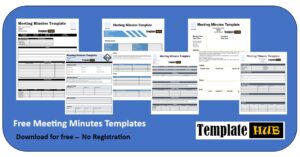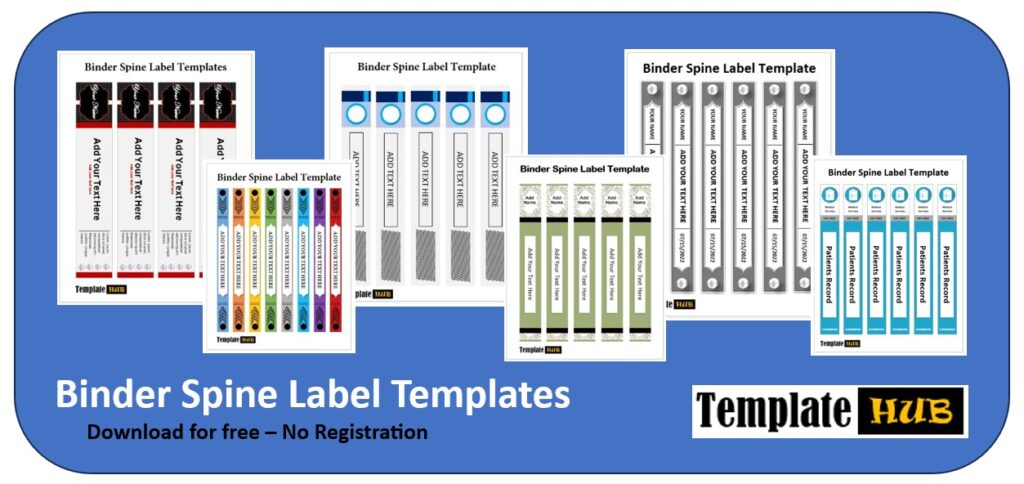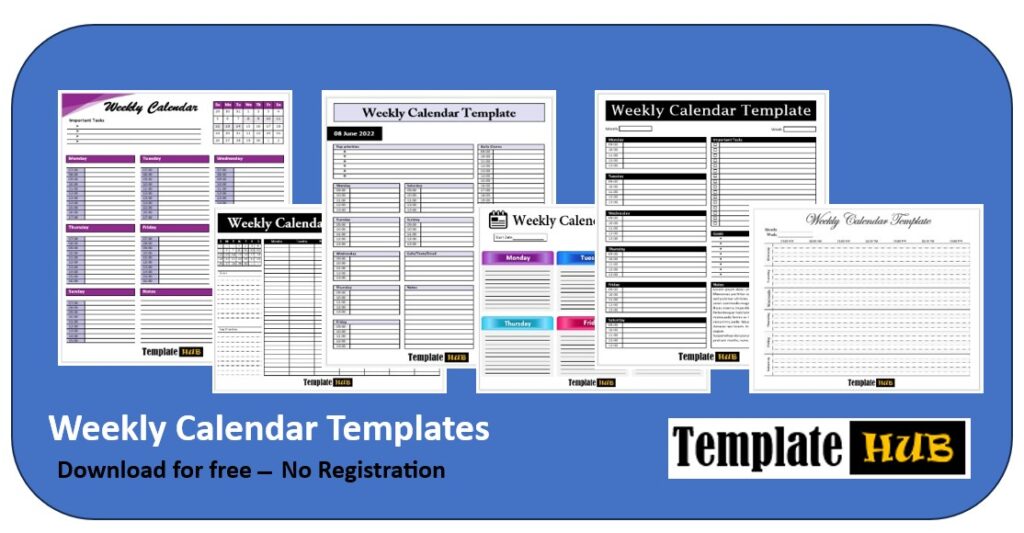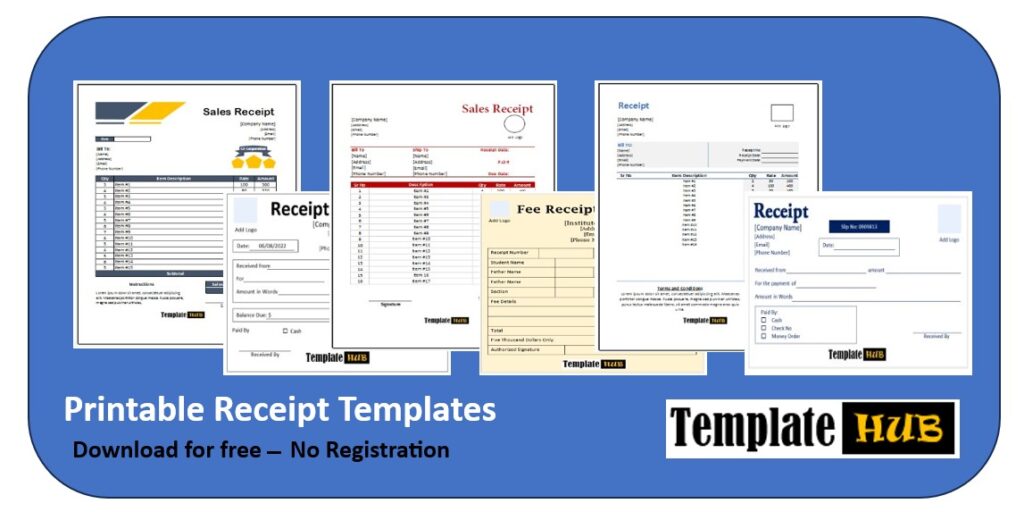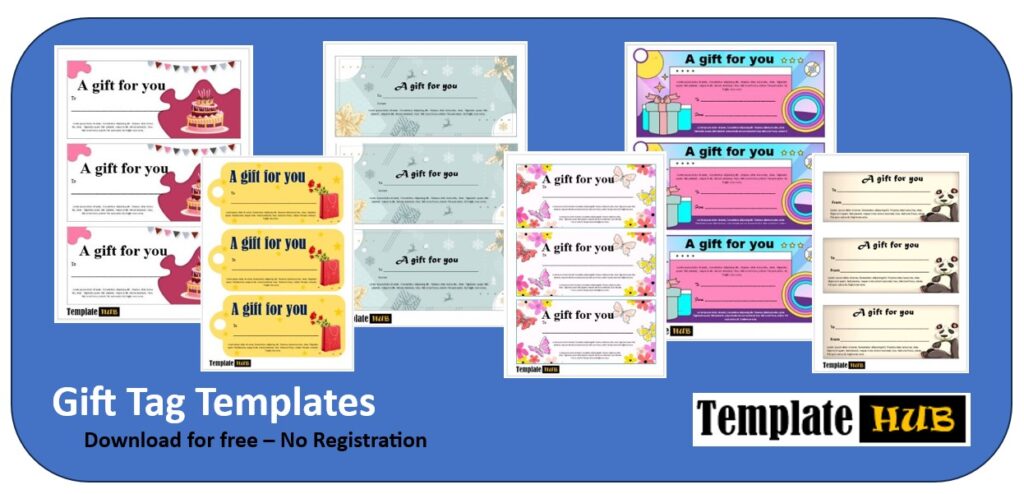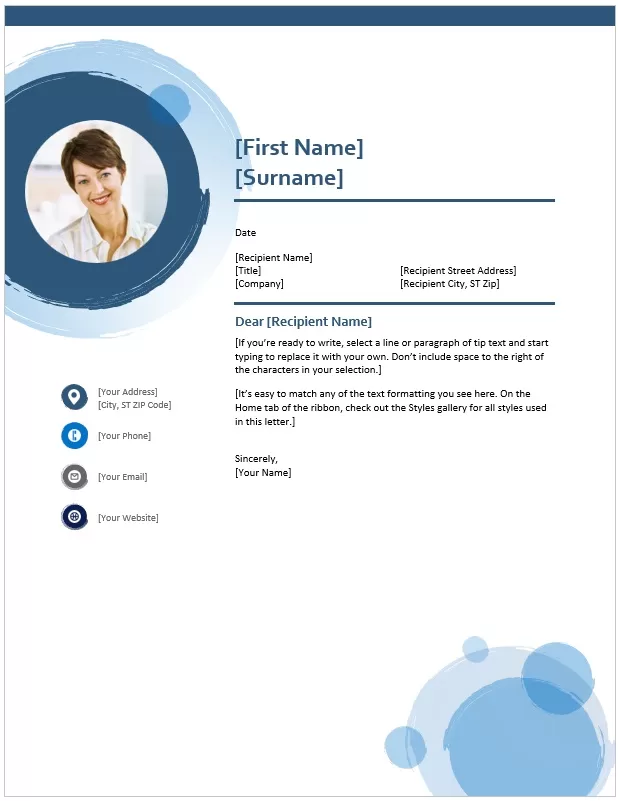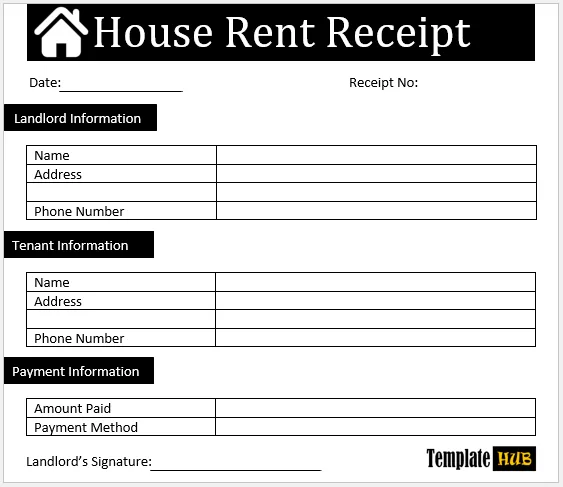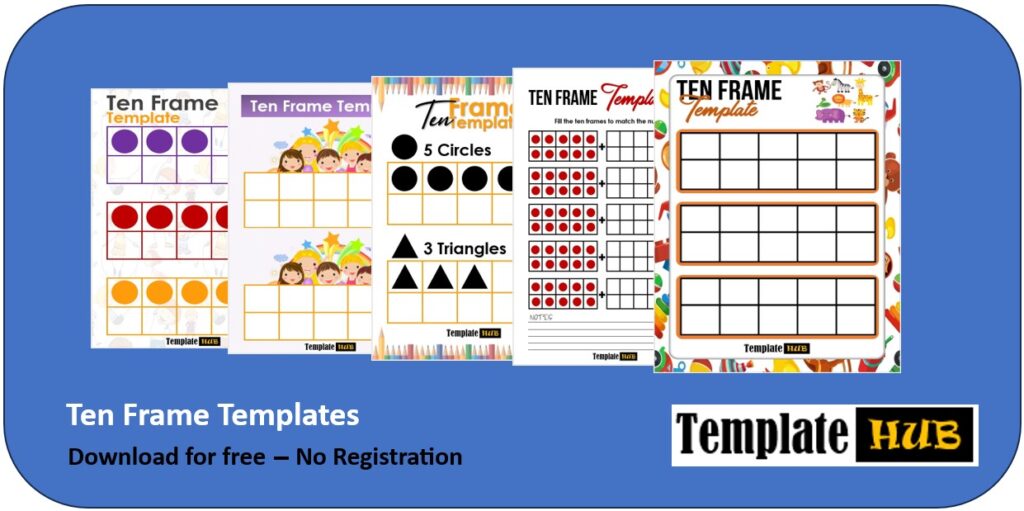Download these Free Screenplay Templates mostly in MS Word format to help you in writing your very own Screenplay quickly and effectively.
When it comes to movies, television shows, or even video games, lots of things happen and usually the story starts from another point and moves towards a different end. This and many other details are explained properly in a screenplay. This way you can say that a screenplay is the story of a film or television show including the main story, role of characters, locations, and actions. A screenplay can be new or it can be an adaptation of an existing idea. For instance, a writer stumbles upon a really good book that he knows has the potential to be converted into a film so he writes a screenplay and while he says it’s an adaptation of a book, he gives credit to the original author of the book.
There is a term known as a script which is often intervened with screenplay and to some extent, these are the names of the same thing but in depth, a script is written for characters of the film so they understand their roles while a screenplay is created for the director as it includes dialogues, actions, stunts and other things. With movies being a multibillion-dollar industry, more and more people are taking an interest in becoming screenplay writers and most of them try to write an excellent screenplay but often get rejected. Keep in mind that there are certain elements and features that a good screenplay must include and some of them are listed below.
Free Screenplay Templates:
Here are several free Screenplay Templates to help you write your screenplay quickly.


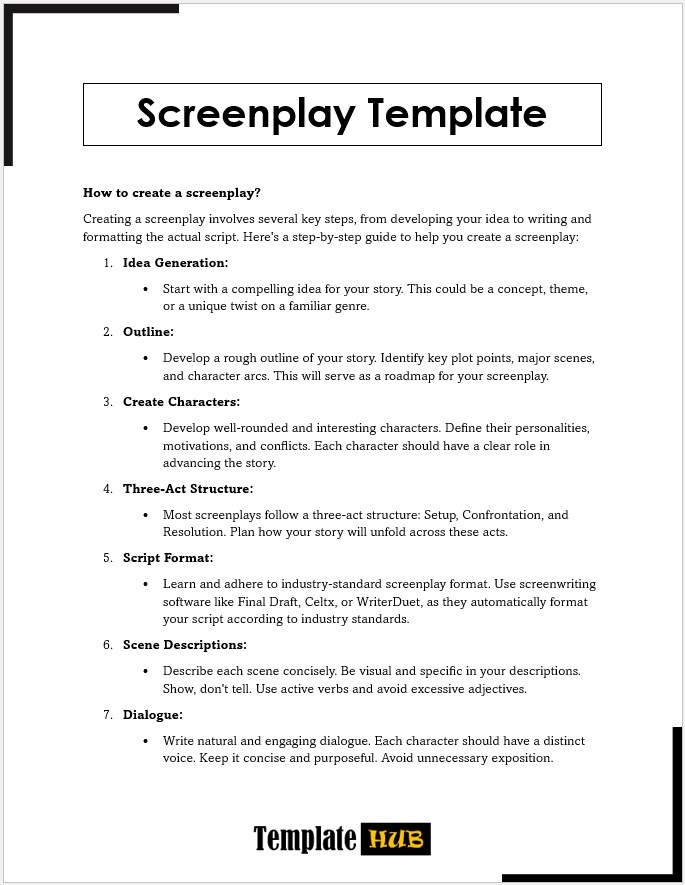
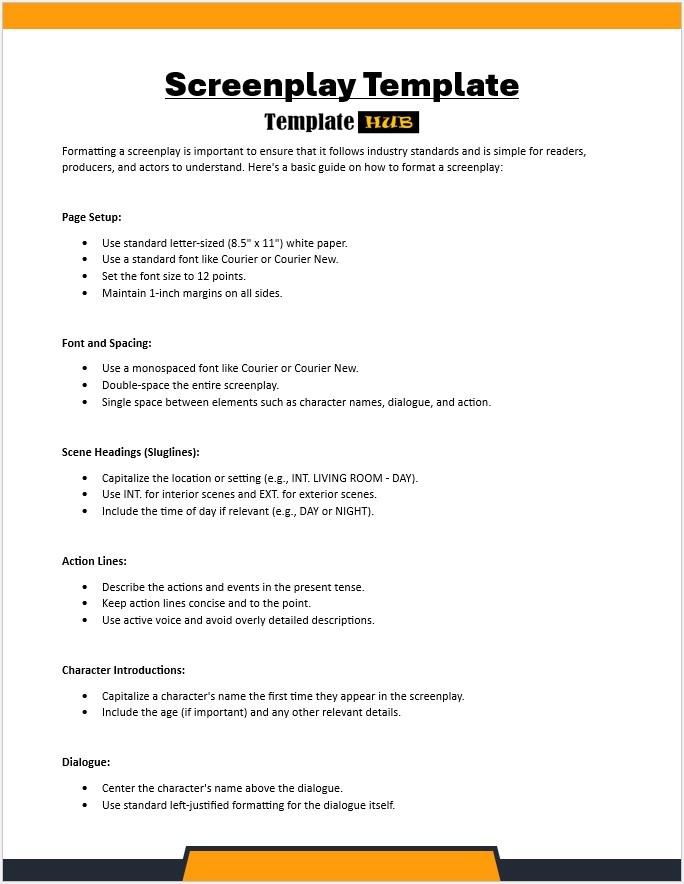
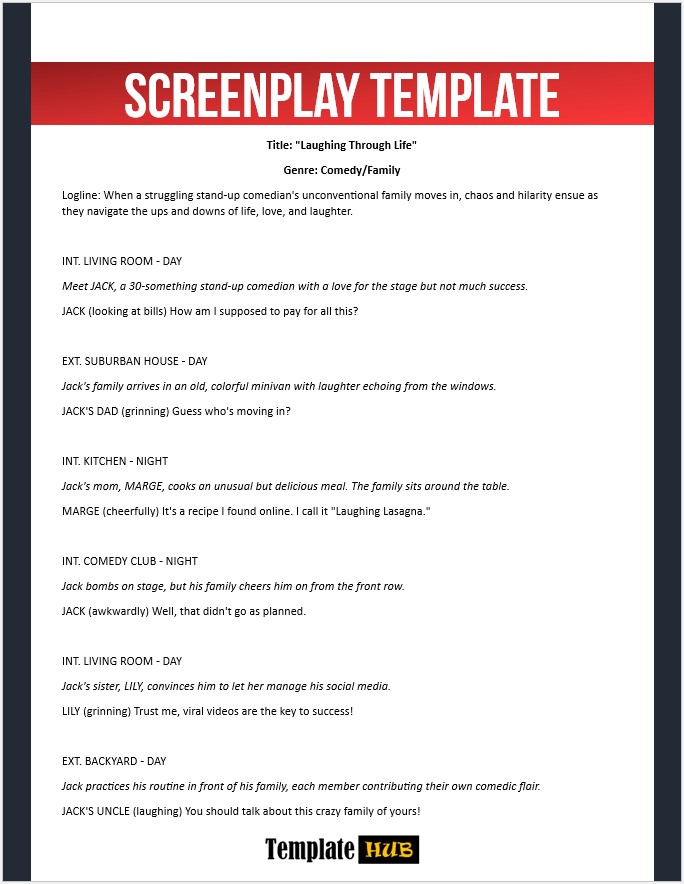

Guidelines to Write a Stunning Screenplay:
Do your Research:
Whether you are writing the screenplay for the first time or you have done it before, the key to a successful screenplay is to do proper research. This includes researching the specific topic or story that you are writing and analyzing existing stories written by other writers.
Visualize:
Don’t get us wrong as dialogues are important for screenplays but not as important as creating the scenes. You can say that the stunt, action, or scene is the main course of the meal while the dialogues that accompany the scene are merely dessert that comes at the end as a compliment.
Get External help if Needed:
This point is important for consideration both during and after the screenplay is completed. If you are stuck at some point or you don’t know how to turn the story in a different direction after an action scene, you should get help from an experienced screenplay writer. Once the screenplay is completed, ask someone with experience to read it and point out any improvements or faults.
Carry out a Single Storyline:
Don’t create another story within a story. When you are writing a screenplay, keep a single storyline and work around it. Screenplays with multiple storylines don’t succeed unless the direction and acting are extraordinary.
Create Scenes within Dialogues:
While the actors are saying their dialogues, you should try to move the story forward meanwhile. This means the story doesn’t need to stop or pause while actors complete their conversation but it has to move somehow in the right direction.
Create an Entire Character:
If you evaluate yourself as a human being, you know that sometimes you are happy while sometimes you are angry at someone. Having different modes on different occasions is a part of life and your characters should portray it to show that they are normal human beings and not robots who are programmed to just showcase a single emotion at a time.
Create Unique Features for all Characters:
This is an important part of the screenplay. When you are writing, give a unique voice to each character. If someone else speaks the dialogue of a character without saying their name and you can recognize who is that person, you have written a perfect screenplay.
Don’t Repeat:
This should go without saying that when it comes to movies and television shows, you shouldn’t repeat the same information or dialogue. Even if it’s crucial, try to work around it and never let the characters present the same details or dialogues more than once.
Expand Important Details:
A good screenplay creates suspense even if it means that the scene has to be extended somehow. Consider a situation where two characters are discussing something important and suddenly another person appears who is asking a separate question and the previous two characters have to stop their conversation to reply to the third character.
Read and Rehearse your Script:
Once you have completed the script or screenplay, you should read it out loud. This will not only allow you to hear each character saying their dialogues but you can create a situation in your mind where you can put each character into action and hear them speak their dialogues.

Kamran Khan is a seasoned blogger with a deep-seated passion for office document processes and the art of productivity. With a wealth of experience spanning over a decade, Kamran has become a trusted name in the blogging community, known for his insightful articles and practical solutions that help individuals and businesses streamline their daily operations.


